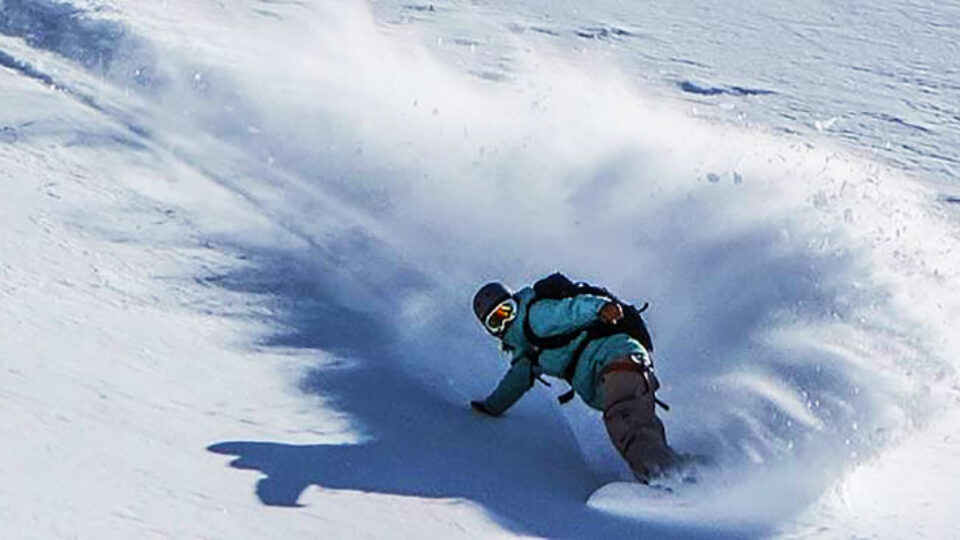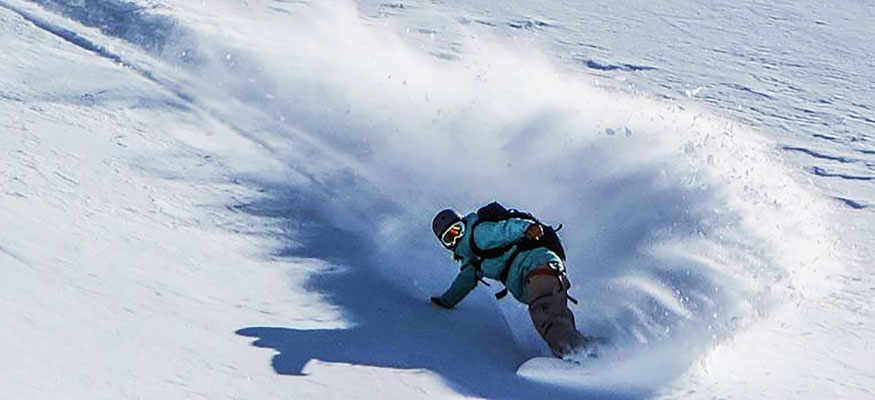
15 Oct2017

share



“The best moments in our lives are not the passive, receptive, relaxing times… The best moments usually occur if a person’s body or mind is stretched to its limits in a voluntary effort to accomplish something difficult and worthwhile.” ~ Mihaly Csikszentmihalyi (1990, p. 3)
Mihaly Csikszentmihalyi discovered that people find genuine satisfaction during a state of consciousness called Flow. In this state they are completely absorbed in an activity, especially an activity which involves their creative abilities. During this “optimal experience” they feel “strong, alert, in effortless control, unselfconscious, and at the peak of their abilities.” In the footsteps of Maslow, Csikszentmihalyi insists that happiness does not simply happen. It must be prepared for and cultivated by each person, by setting challenges that are neither too demanding nor too simple for ones abilities.
To view the original article click here
The experience of “flow” is strikingly reminiscent of Zhuangzi’s description of “great skill” achieved by Daoist sages such as carpenter P’ien and butcher Ting, the latter finding bliss in the art of chopping up ox carcasses by “going along with the Dao” of the ox. It is no coincidence that these blue-collar sages are situated on the bottom rungs of the social hierarchy. They discover the Dao much more readily than Confucian scholars, who, according to Zhuangzi, are studying the “dregs of wisdom” in lifeless books and have lost touch with the world of concrete affairs.
You are skiing down a mountain trail at Aspen Colorado — one of the expert diamond slopes, with the awe-inspiring, snow-capped Rockies in your view. Though you have skied down this slope before, you have never been able to “dominate” it — until now. You begin to hit your stride, striking every mogul perfectly, effortlessly. Your actions seem frozen in time and every little sound becomes more intense — the crisp slap of your skis against the powder, the scrunch of your knees, and your rhythmic breathing. You are flowing down the slope, and later you might even describe yourself as having become “one with the mountain.” All those years of training and struggling, taking ski lessons and tumbling into the woods, are now finally justified. You have had, quite literally, a peak experience.
If not in skiing, you may have had similar experiences in other activities — some other challenging exercise, working on a difficult project, or even to a certain degree in simpler exercises like reading or conversation with a friend. These are moments in which your mind becomes entirely absorbed in the activity so that you “forget yourself” and begin to act effortlessly, with a heightened sense of awareness of the here and now (athletes often describe this as “being in the zone”). You may be surprised to learn, however, that in recent years this experience has become the focus of much research by positive psychologists. Indeed, the psychologist Mihaly Csikszentmihalyi has even given it a name for an objective condition — “flow.”